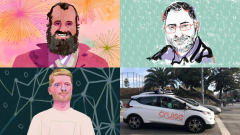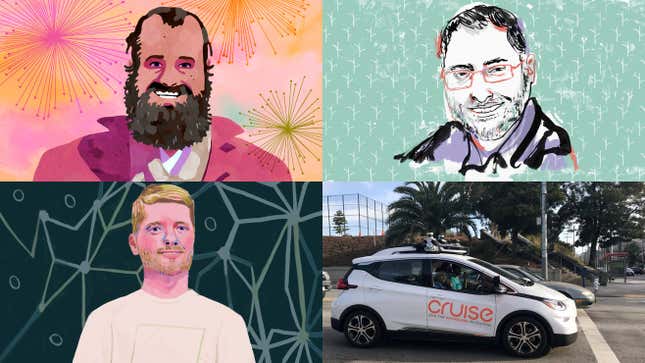
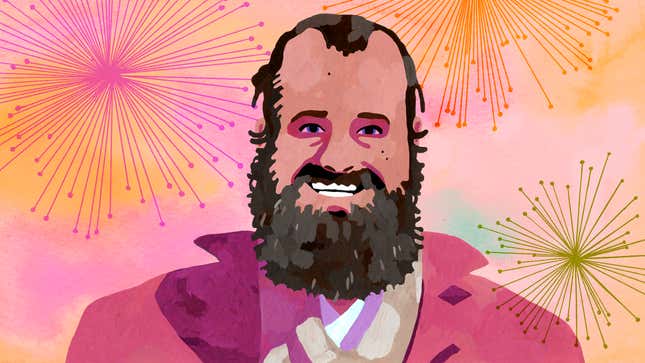
Australia-based climate company Sea Forest has an unconventional approach to lessening those emissions: Seaweed. Introducing its algae-based supplement, SeaFeed, to a herd’s diet can drop its methane emissions by as much as 90%. – Hannah Seo Read More
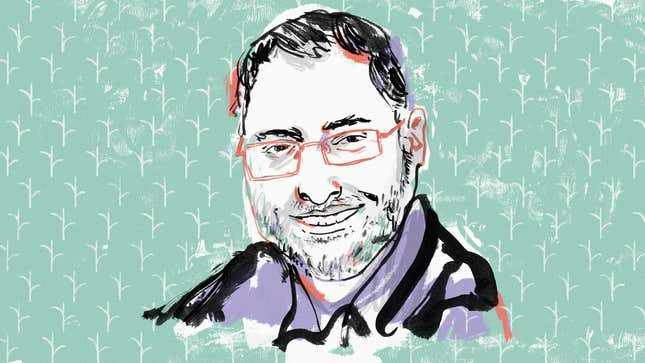
Demand for organic food is growing exponentially in North America. But even when grocers offer US farmers bigger organic contracts, they can’t always say yes. To maintain soil health without pesticides, farmers typically rotate many crops among their fields. Rotating crops improves soil, but makes scaling difficult. – Meg Duff Read More
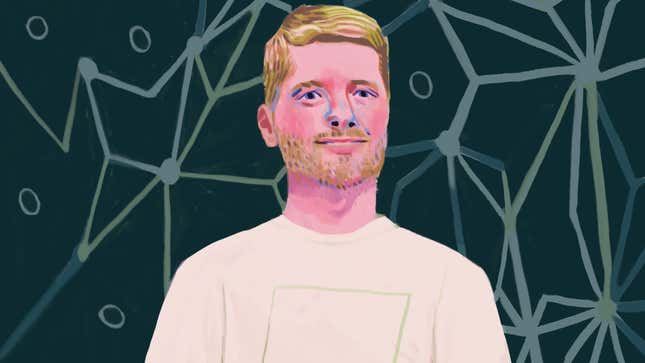
Today Hugging Face is democratizing the development of the most consequential technology of our age. The platform serves upwards of 50,000 organizations using its services, including more than 300,000 models, 100,000 applications, and 50,000 datasets. And its approach stands in sharp contrast to other AI developers, who heavily guard their proprietary technology and models. – Faustine Ngila Read More
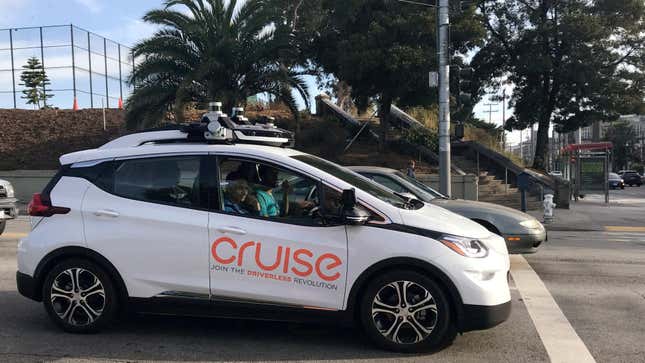
Driverless car and trucking companies have promised to bring us into the future, but so far, all that many of them have managed to do is crash.
Major businesses in the self-driving vehicle and tech space, including Aurora, TuSimple, and Embark Technology, lost a combined $40 billion in value between going public and October 2022. The sector’s bad fortunes have only continued this year. – Laura Bratton Read More
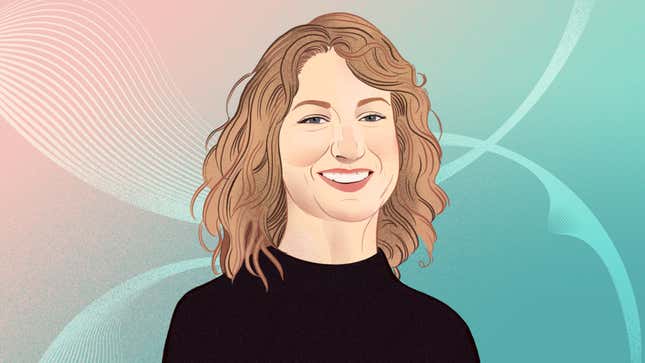
Bedford, now head of bioprinting innovation, was one of the company’s first employees when she joined in 2018. She had just earned a doctorate in nanotechnology from the University of Waterloo and wanted to work on a practical application in her field. “The opportunity to apply nanotechnology to replace and repair bodily functions with 3D-printed tissue was so exciting,” she says, particularly because it could provide a solution to a huge unmet medical need. – Catherine Arnst Read More
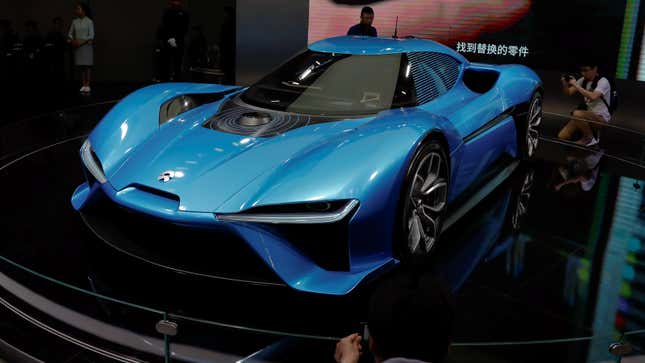
Chinese electric vehicle maker Nio just got a $2.2 billion funding boost from Abu Dhabi–based CYVN, even as its stock struggles to breach the $10 mark. – Ananya Bhattacharya Read More

Dementia encompasses a set of cognitive disorders that progressively impair memory, thinking, and—of particular interest to Poh—the ability to perform simple, everyday activities. It’s often characterized by difficulty in problem-solving, as well as profound changes in patients’ behavior and emotions. According to data from the World Health Organization (WHO), more than 55 million people worldwide suffer from it. That number is only expected to increase as living standards rise globally and people live longer—making age-related conditions like dementia more prevalent and more poignant. The result is a significant public health challenge, with dementia’s impact extending beyond individuals and affecting their families, who must grapple with the emotional and practical challenges of supporting loved ones. – Catherine Baab-Muguira Read More
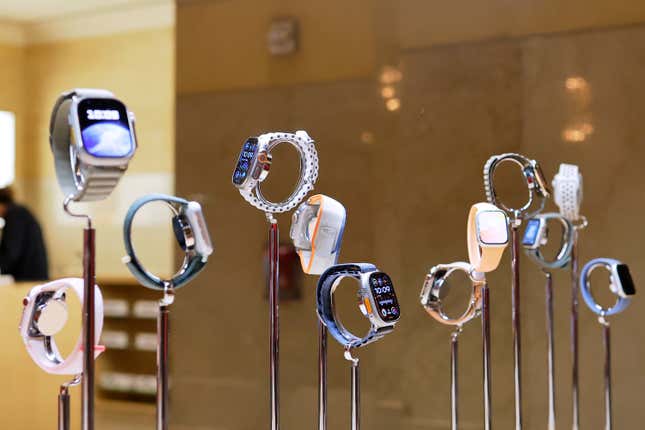
If you don’t get an Apple Watch for Christmas, you might not be able to get one at all.
Apple announced Monday (Dec. 18) that it’s halting US sales of its higher-end Apple Watch Series 9 and Apple Watch Ultra 2 models, pending a patent dispute with medical device company Masimo over technology that measures blood oxygen levels. You can still get an Apple Watch SE if you want, because it doesn’t have that feature. – Melvin Backman Read More
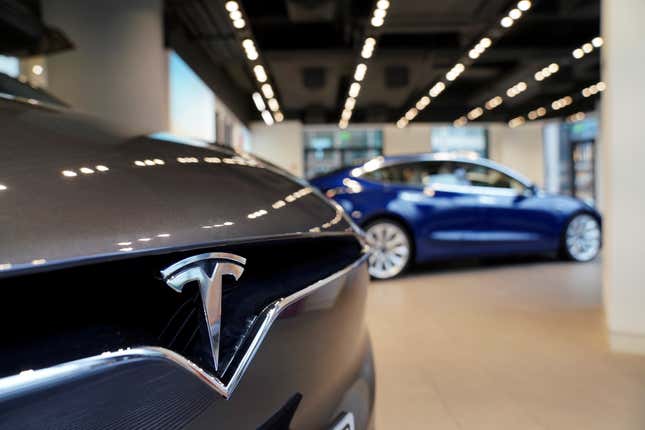
A survey of 30 automotive brands shows Tesla cars clocked in the worst accident rate in the US this year, with 24 accidents per 1,000 drivers. The only other brands with more than 20 accidents per 1,000 drivers were Ram and Subaru. – Faustine Ngila Read More
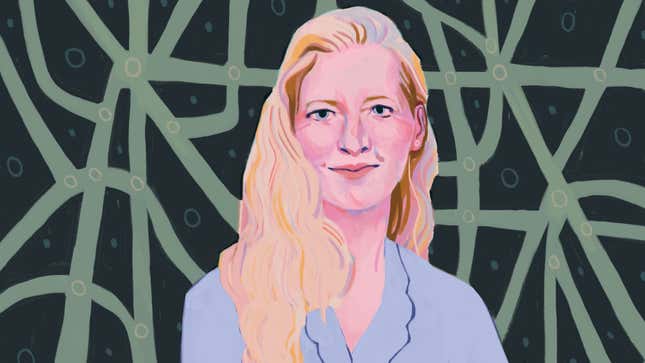
But manufacturing all of those batteries will come with a whole new set of environmental risks, including greenhouse gas pollution from the energy it takes to make and distribute them. Meanwhile, regulation of the battery supply chain is fraught: some of the mining operations for raw materials like cobalt are notorious for human rights violations, including child labor. – Ethan Freedman Read More

